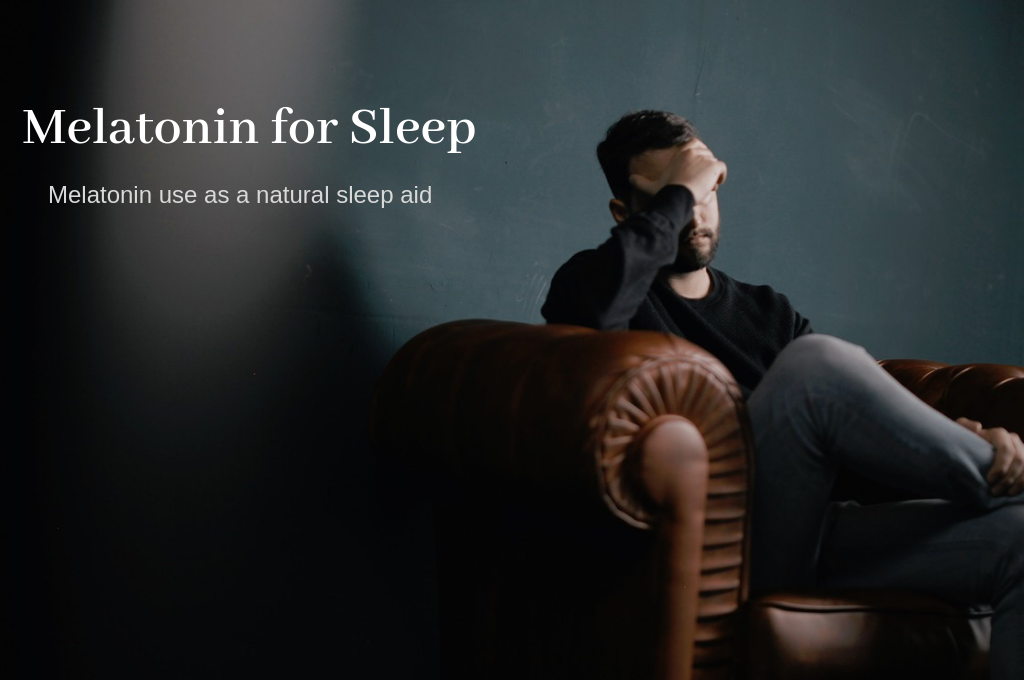
Anemia is a medical condition that occurs when there are not enough healthy red blood cells in the body. Red blood cells play an important role in the body because they work to supply oxygen to the tissue in the body. There are many causes of anemia, with the most common cause being a lack of iron in the body. Most patients should take iron supplements, but there are also other vitamins and minerals that can help to improve the condition.
Iron and Folic Acid for Anemia
 Iron is located in hemoglobin, which is a part of the red blood cell that combines with oxygen, transporting it to the cells throughout he body. Iron is an important part of diet, but those with anemia tend to not get enough iron through their diet. This is especially true for those that follow a vegetarian or vegan diet. It’s best to discuss proper dosage of iron with a doctor before taking it in supplemental form.
Iron is located in hemoglobin, which is a part of the red blood cell that combines with oxygen, transporting it to the cells throughout he body. Iron is an important part of diet, but those with anemia tend to not get enough iron through their diet. This is especially true for those that follow a vegetarian or vegan diet. It’s best to discuss proper dosage of iron with a doctor before taking it in supplemental form.
Folic acid helps to make hemoglobin, and helps cells to replicate themselves properly. Folic acid is the synthetic form of folate, and is easier for the body to absorb. Folic acid is added to enriched foods like breads, pasta and cereal, but can also be taken in supplemental form. Folate, on the other hand, can be found in orange juice, legume and green leafy vegetables.
Vitamin B12 for Anemia
 Vitamin B12 works along with folic acid to maintain blood cell health, and a lack of this vitamin leads to a decrease in production of cells. It also affects the health of blood cells. Vitamin B12 is found mostly in meats and dairy, but can also be found in many fortified foods and non dairy products that are enriched for vegans and vegetarians. It can also be taken in supplemental form.
Vitamin B12 works along with folic acid to maintain blood cell health, and a lack of this vitamin leads to a decrease in production of cells. It also affects the health of blood cells. Vitamin B12 is found mostly in meats and dairy, but can also be found in many fortified foods and non dairy products that are enriched for vegans and vegetarians. It can also be taken in supplemental form.
Although these vitamins and minerals can be very beneficial for those that have anemia, they should not be used to replace anything that has been prescribed by a doctor. They should also not be used to replace any form of treatment that has been suggested by a medical professional. These vitamins and minerals can however be used in addition to any form of conventional treatment, as well as other forms of natural medicine.

 The effects of insomnia are mostly psychological. The psychological effects can then manifest in physical problems such as poor work performance, trouble concentrating, and accidents and trauma. Mood disorders are also linked to insomnia. The circadian rhythm plays a role in hormone production, so hormone levels may cause personality changes due to poor sleeping habits.
The effects of insomnia are mostly psychological. The psychological effects can then manifest in physical problems such as poor work performance, trouble concentrating, and accidents and trauma. Mood disorders are also linked to insomnia. The circadian rhythm plays a role in hormone production, so hormone levels may cause personality changes due to poor sleeping habits.